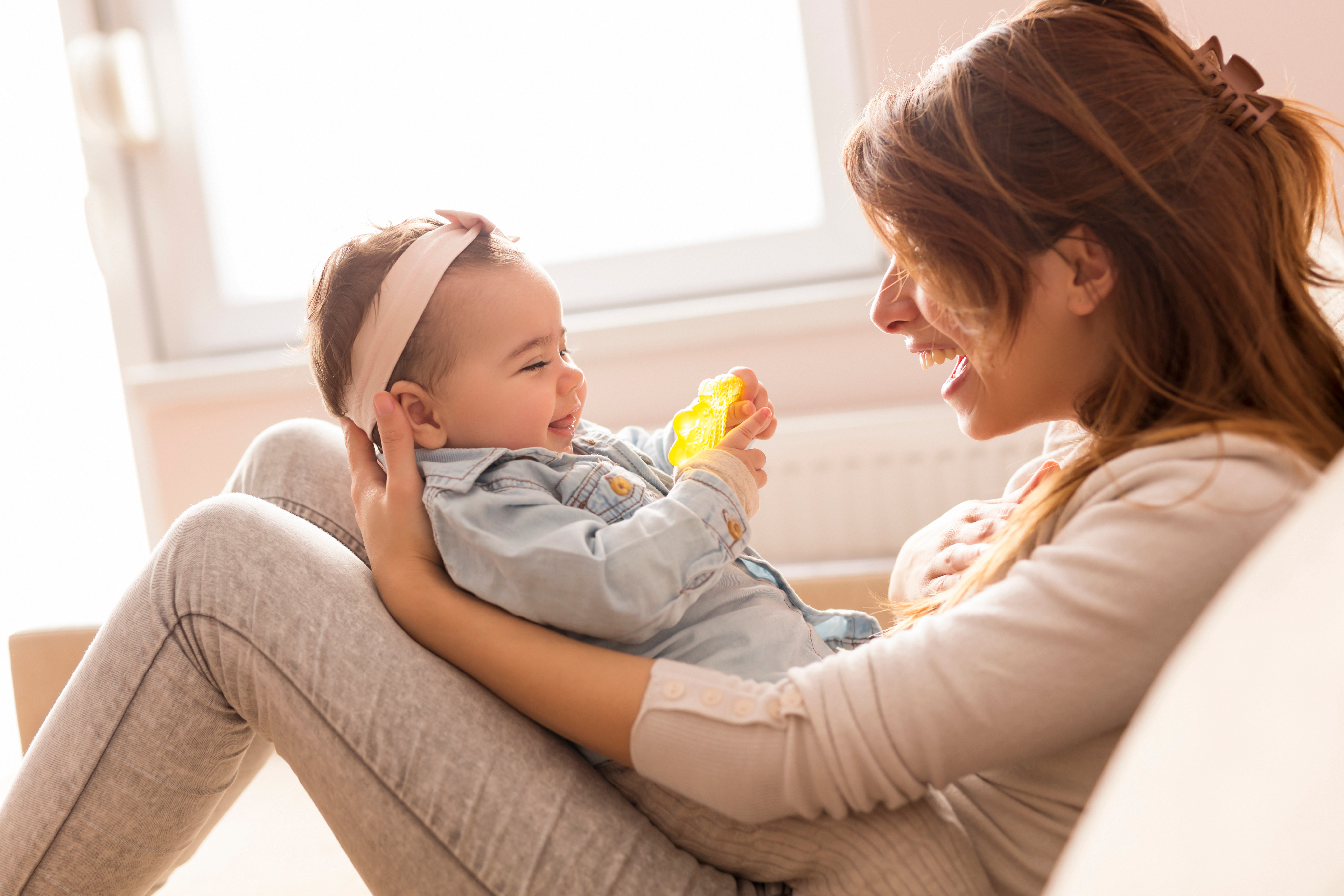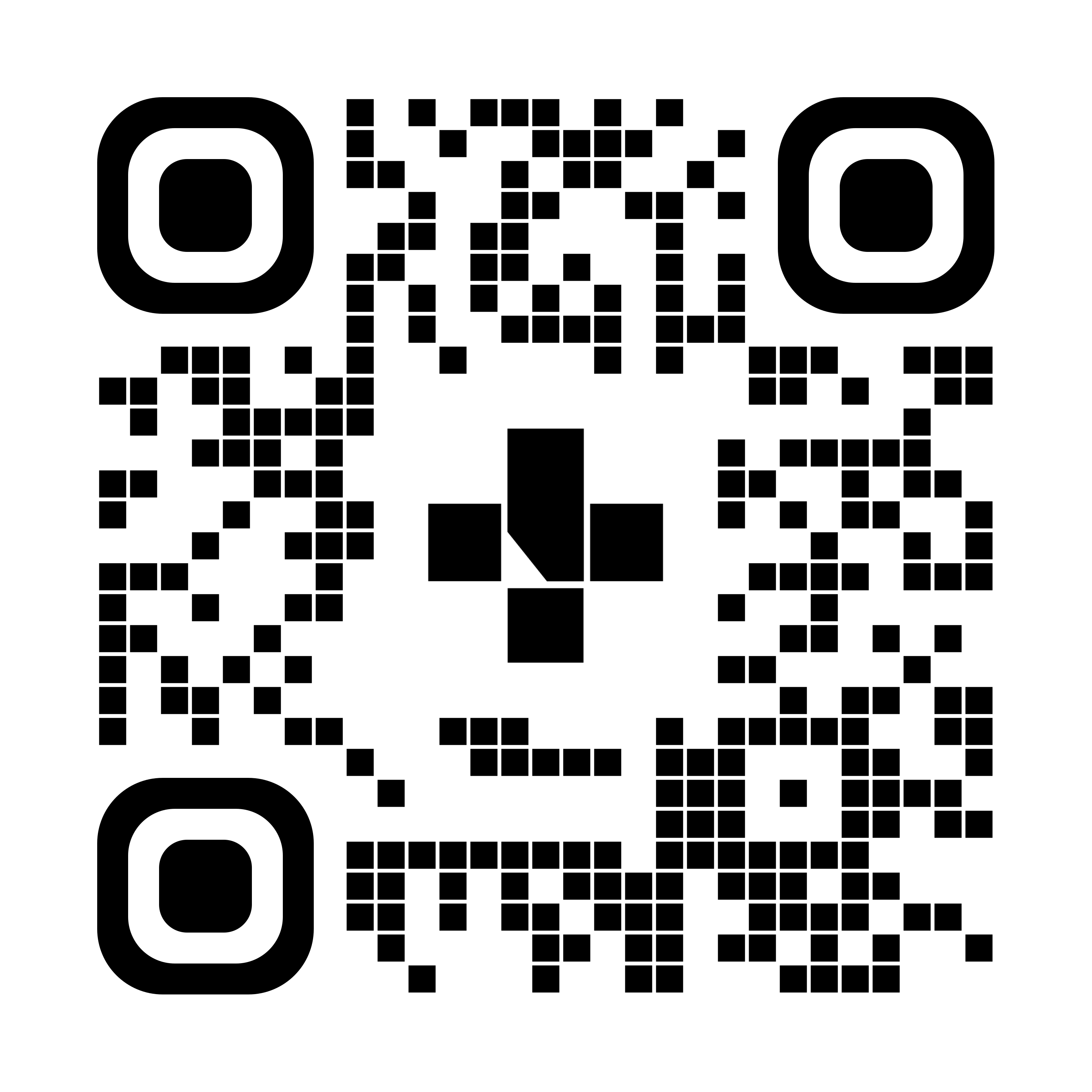Fine Motor Development
2 to 6 months

When they’re lying on their back, being held or carried, or are sitting with support, your baby is learning to control their arm movements. Floor play is important at this age. It helps strengthen muscles in your baby’s shoulders, arms, and hands.
2 to 4 months
You’ll notice by 3 to 4 months of age that your baby is starting to bring their hands together on their chest. Your baby’s hands are now more open and the grasp reflex is less. They’re learning to deliberately hold (grasp) a toy or object using their whole hand. You may notice your baby bring objects to their mouth to explore textures. As they learn to open their hands, your baby is learning how to let go, or release, an object on purpose. They start to reach with 1 or both arms when lying on their back, side, or tummy, or while being held.
4 to 6 months
At this age, your baby can grasp and reach with control. They also start to hold toys for longer and show more interest in play. They start to pass (transfer) a toy from 1 hand to the other. You might notice them use their mouth or chest to help with the transfer. When solid foods are introduced at 6 months of age, they’ll want to hold the spoon, try to bring it to their mouth, and bang it on the tray.
Everyday play
Your baby looks at a toy, then reaches and grabs it with their whole hand when they’re in your arms or lying on their side or back. Give them time to open their hands to grasp the toy. Offer toys that have different textures, make sounds, and are easy to hold with 1 or both hands. You’re still your baby’s favourite toy. Try to be at their eye level to play. Encourage your baby to reach by placing toys nearby. They’ll be able to reach with both hands when they are lying on their back, side, or sitting with support. Tummy time is still important. You can lay them on a blanket that has textures for them to explore.
Help build your baby's fine motor skills
Think about:
- What your baby can look at, reach, and hold while sitting in your arms or lying on their back, side, or tummy.
- What kind of textures they can explore, like soft, bumpy, smooth, crinkly, or rubbery.
- How you can encourage your baby to reach during daily routines, like feeding or bathing.
Be safe
- Stay with your baby if they are on a high surface such as a changing table, bed, or table.
- Use objects that are light and soft, so your baby won't be hurt if something falls out of their hands.
- Avoid choking hazards, like small objects or toys, with parts that can easily break or fall off.
- Make sure toys and objects are made with safe materials and can be cleaned, washed, or wiped.
When should you call for help?
Your baby may need more support if they:
- still keep their hands closed most of the time at 4 months of age
- aren't reaching for toys or objects
- are only using one arm
For more information or help with fine motor struggles, contact:
- Health Link at 811
- An occupational therapist at your local pediatric community rehabilitation service
- Your doctor, public health nurse, or other healthcare provider
Resources
To see this information online and learn more, visit MyHealth.Alberta.ca/health/aftercareinformation/pages/conditions.aspx?hwid=custom.ab_fine_motor_dev_2_to_6_months_inst.

For 24/7 nurse advice and general health information call Health Link at 811.
Current as of: May 9, 2025
Author: Pediatric Rehabilitation Services, Alberta Health Services
This material is not a substitute for the advice of a qualified health professional. This material is intended for general information only and is provided on an "as is", "where is" basis. Although reasonable efforts were made to confirm the accuracy of the information, Alberta Health Services does not make any representation or warranty, express, implied or statutory, as to the accuracy, reliability, completeness, applicability or fitness for a particular purpose of such information. Alberta Health Services expressly disclaims all liability for the use of these materials, and for any claims, actions, demands or suits arising from such use.
